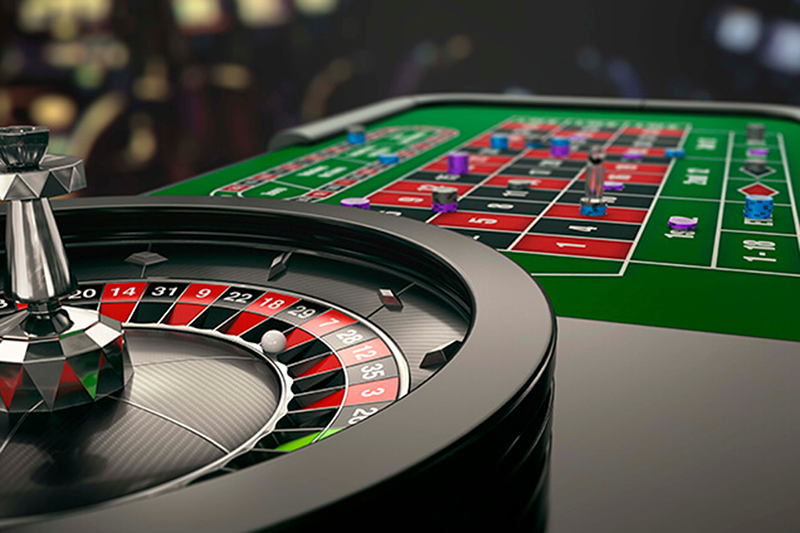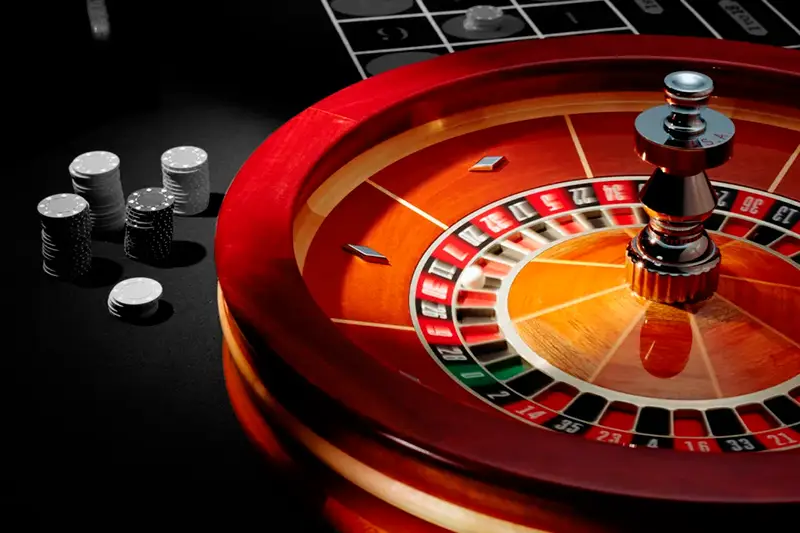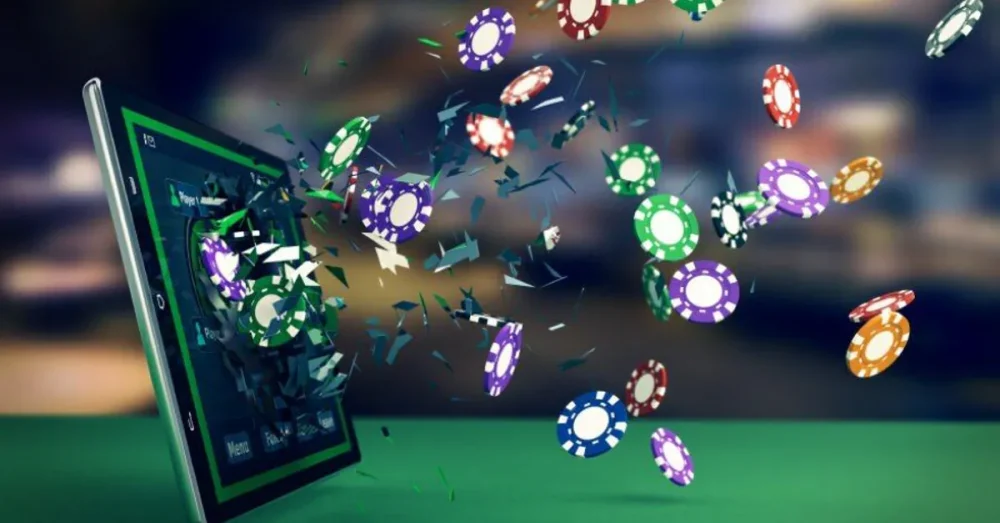Slots, poker and other card games – all these entertainments attract gamblers from all over the world. But it is roulette that combines simplicity, dynamism and at the same time a variety of strategies that can be applied to win. The format came from France, where it was originally known as “small wheel”. Since then, the game has gained popularity around the world, and with the development of technology, many online platforms began to offer virtual and live versions. If you are just starting to get acquainted with gambling entertainment, learn the rules and subtleties of the process, understand how to play roulette in online casinos: from the choice of bets, to the features of different types and strategies.
Familiarity with online casinos: from registration to deposit
Before you learn how to play roulette, it’s important to choose the right online casino. There are plenty of platforms that offer games for real money or virtual credits. It is important to understand how to choose a reliable portal, register and top up your account.
Registration:
- Step 1: Go to the website of your chosen casino. For example, Casino-X, 1xBet or JoyCasino are popular platforms that offer quality live dealer games.
- Step 2: find the “Register” button on the homepage, it is usually highlighted in a bright colour.
- Step 3: fill in the authorisation form, specifying your email address, first name, last name, date of birth and country of residence. Sometimes the operator may require you to confirm your identity.
Important note: make sure the site is licensed and regulated by a reputable authority such as the Malta Gaming Authority or the UK Gambling Commission. This will ensure data protection and session integrity.
Funding your account:
- Step 1: after registration, log in to your account and go to the “Cashier” or “Banking” section.
- Step 2: choose the method of depositing: bank card, e-wallets (for example, Skrill or Neteller), cryptocurrencies and other methods.
- Step 3: make a deposit, keep in mind the minimum amount. This is usually between 5 and 20 euros or the equivalent in another currency.
Some sites offer first deposit bonuses, which can be useful to try the game without a lot of risk.
Types of roulette at online casinos: what to choose and how to play?
 Before you start spinning the disc, it is important to understand which format is best to choose. The differences between the two have a significant impact on a player’s chances, as each type has a different house advantage. Varieties of roulette:
Before you start spinning the disc, it is important to understand which format is best to choose. The differences between the two have a significant impact on a player’s chances, as each type has a different house advantage. Varieties of roulette:
- European is the most common version. It includes 37 sectors: from 1 to 36 and one field with zero (0). In this case, the advantage of the casino is 2.7%. For beginners this is a good option, as the chances of winning here are the highest.
- American has 38 cells, including two zeros (0 and 00). This increases the house advantage to 5.26%, making the format less favourable to visitors. But the variant appeals to those looking for higher stakes and variety.
- French roulette is a variation of European roulette with additional rules such as La Partage and En Prison, which allow you to return half of your bet or keep it for the next round if the ball hits zero.
How to bet in roulette: the main types of bets
Roulette spelen in een online casino gaat niet alleen om het begrijpen van de mechanica van het draaien van het wiel, maar ook om weten hoe je op de juiste manier moet inzetten. Het is belangrijk om de beschikbare opties te begrijpen en hoe deze de strategie beïnvloeden.
Extern:
- Zwart/rood – berekening op de kleur van de sector. De winkans is bijna 50%, maar er is altijd een kleine fout door nullen.
- Even/Oneven – op wat het getal zal zijn dat verschijnt.
- Klein/groot – of de waarde van 1 tot 18 of van 19 tot 36 zal zijn.
- Kolom – berekening op een van de drie kolommen met getallen (12 in elk).
Intern:
- Straight is door één nummer. De winst is 35 tegen 1.
- Een inzet op twee naburige getallen geplaatst op de lijn die hen scheidt. De uitbetaling is 17 tegen 1.
- Berekening op drie getallen, die zich op één horizontale lijn bevinden. 11 tegen 1 winnen.
- Op de vier getallen die een vierkant vormen. De kansen zijn 8 tegen 1.
- Een inzet op zes getallen die twee rijen vormen. De winst is 5 tegen 1.
Hoe roulette spelen bij online casino’s voor echt geld
Het is tijd om naar het belangrijkste deel te gaan – hoe je echt geld inzet.
Stap 1: bepaal het bedrag
Om te beginnen open je het wiel op de geselecteerde bron en bepaal je de grootte van de bijdrage. Op de meeste platforms is de minimuminzet per spel 1 tot 5 euro. Kies een bedrag dat je het beste uitkomt. Sommige sites bieden zelfs microgaming aan, waarbij de limieten beginnen bij een paar cent.
Stap 2: Plaats je inzet
Er verschijnt een wiel op het scherm dat een echt roulette speelveld simuleert. Gebruik de muis om op de gewenste cel te klikken – bijvoorbeeld op zwart/rood, op een getal of op een kolom. Het bedrag wordt dan op de geselecteerde positie geplaatst.
Stap 3: bevestig de inzet
Eenmaal geplaatst, druk je op de knop Spin of Start – de actie zal de schijf doen draaien. Afhankelijk van het casino kan het systeem extra promo’s of speciale inzetten aanbieden (bijvoorbeeld op bonusnummers).
Stap 4: verwacht het resultaat
Het wiel begint te draaien en het balletje beweegt door de sectoren. Als het in een van de cellen stopt, is dit het resultaat. Afhankelijk van welke beslissingen de deelnemer heeft gemaakt, zal het platform de winst berekenen.
Stap 5: Houd je gokbudget in de gaten
Voordat je echt geld gaat inzetten, is het belangrijk om je strategie duidelijk te begrijpen en inzetlimieten vast te stellen. Bankroll is de hoeveelheid geld die een speler bereid is uit te geven aan het spel. Verdeel het in kleine delen om snelle verliezen te voorkomen.
Hoe roulette spelen bij online casino’s: strategieën
Hoewel roulette voornamelijk een geluksspel is, zijn er een aantal populaire strategieën die je helpen om je winkansen te verbeteren.
Martingale systeem
De tactiek is gebaseerd op het verdubbelen van de inzet na elk verlies. Hierdoor kun je je verliezen terugverdienen nadat je hebt gewonnen, omdat de verhoogde schijf alle vorige schijven dekt. Voorbeeld: het oorspronkelijke bedrag is 1 euro. Als het verloren is, zetten we 2 euro in, dan 4, 8 enzovoort.
Fibonacci methode
Een voorzichtiger aanpak waarbij je je inzet verhoogt op basis van een reeks Fibonacci getallen (1, 1, 2, 3, 5, 8, 13, etc.). De strategie houdt in dat je na elke winst twee stappen teruggaat in de reeks van waarden en na elk verlies op dezelfde weg verdergaat.
Conclusie
 Om roulette te leren spelen in een online casino, moet je dus verschillende stappen doorlopen: kies een betrouwbare site, registreer je, doe een storting, kies het type wiel en begin met inzetten. Gebruik verschillende strategieën en houd altijd je bankroll in de gaten. Als je de basisprincipes onder de knie hebt, wordt roulette niet alleen spannend, maar ook een winstgevend spel waarmee je echt geld kunt winnen.
Om roulette te leren spelen in een online casino, moet je dus verschillende stappen doorlopen: kies een betrouwbare site, registreer je, doe een storting, kies het type wiel en begin met inzetten. Gebruik verschillende strategieën en houd altijd je bankroll in de gaten. Als je de basisprincipes onder de knie hebt, wordt roulette niet alleen spannend, maar ook een winstgevend spel waarmee je echt geld kunt winnen.
 en
en  de
de  ar
ar  es
es  hi
hi  fr
fr  nl
nl  it
it  pt
pt  el
el 









